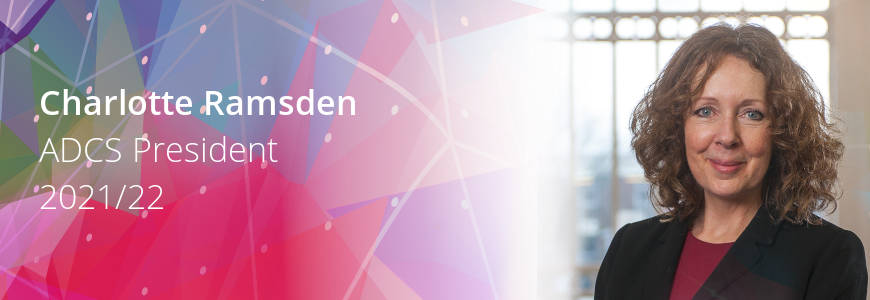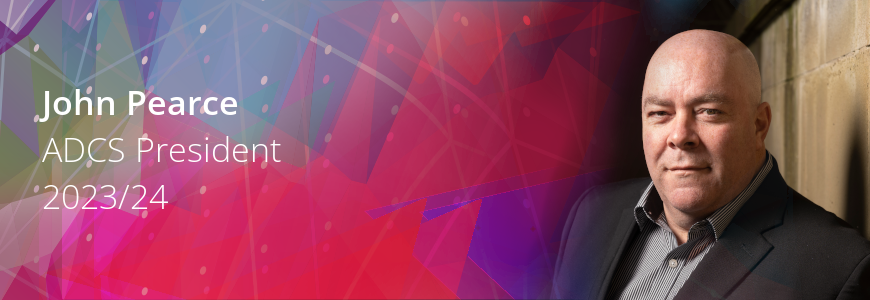Young carers and Covid-19

Over the last 12 months, the experiences of, and support for, young carers has regularly come to the forefront of my mind. We do not know how many children and young people hold additional caring roles; this figure has been put at 800,000 but this is likely to be an underestimate as many may simply see themselves as helping out around the home. Plus, more will certainly have taken up new caring roles during the pandemic due to illness, bereavement, or enduring social distancing restrictions.
Pandemic-related disruption in the routines of children and young people whose parents and carers, close relatives or siblings have long-term illnesses or chronic conditions is particularly acute, with more to do and fewer opportunities to seek respite in learning, seeing friends or taking part in hobbies or support groups. Indeed, understandable concerns about clinical vulnerabilities and the risk of infection has meant shielding from the virus effectively ended regular support from family, friends and home carers. The result could be a decline in the mental and physical health of both the child and family member. It really is a desperate situation.
Recent studies and surveys with young carers underline their heightened anxiety about the risks associated with Covid-19 as well as feeling stressed and overwhelmed by additional pressures. Home learning has been hard for this cohort for lots of reasons, from extra caring responsibilities to not having a quiet space to be able to study. Young carers called for greater support with their own mental and physical health, help to stay connected to friends and regular breaks from their role.
Whilst children and young people with caring responsibilities can face unique challenges, many find their role rewarding. They deserve to live a happy life and have access to the same opportunities as their peers e.g. going on school trips.
All young carers are entitled to an assessment for support. Although society is cautiously opening up again, it’s unlikely our lives will return to anything resembling normal for quite some time. So, we need to continue to seek out new carers whilst also capturing the learning from this extraordinary period. Virtual support groups and activities could supplement local offers going forward and the closer partnership working could help us to identify children and young people with caring responsibilities. Schools and health services, particularly GPs, are vital in identification efforts as well as the provision of support.
Charlotte Ramsden is Strategic Director for People at Salford City Council and President of the ADCS.
Related Articles
John Pearce, President of the Association of Directors of Children’s Services,...
In General Care
Helen Lincoln, Chair of the ADCS Families, Communities and Young People Policy...
In Family Justice
Nigel Minns, Chair of the ADCS Health Care and Additional Needs Policy...
In General Care
John Pearce comments on Ofsted’s report on children with complex needs
In General Care
Commenting on the National Kinship Strategy, ADCS President John Pearce said
In General Care
ADCS response to PLWG adoption sub-group recommendations
In Adoption
Commenting on the latest children looked after statistics, ADCS President John...
In General Care
For too long residential care has been seen as a placement of ‘last resort’...
In General Care
Nigel Minns comments on the latest Fostering in England statistics
In Fostering
John Pearce, ADCS President , responds to a report on profit making and risk in...
In General Care
Helen Lincoln, Chair of the ADCS Families, Communities and Young People Policy...
In General Care
An ADCS paper setting out the principles for extended family care.
In General Care
Nigel Minns, Chair of the ADCS Health, Care & Additional Needs Policy...




